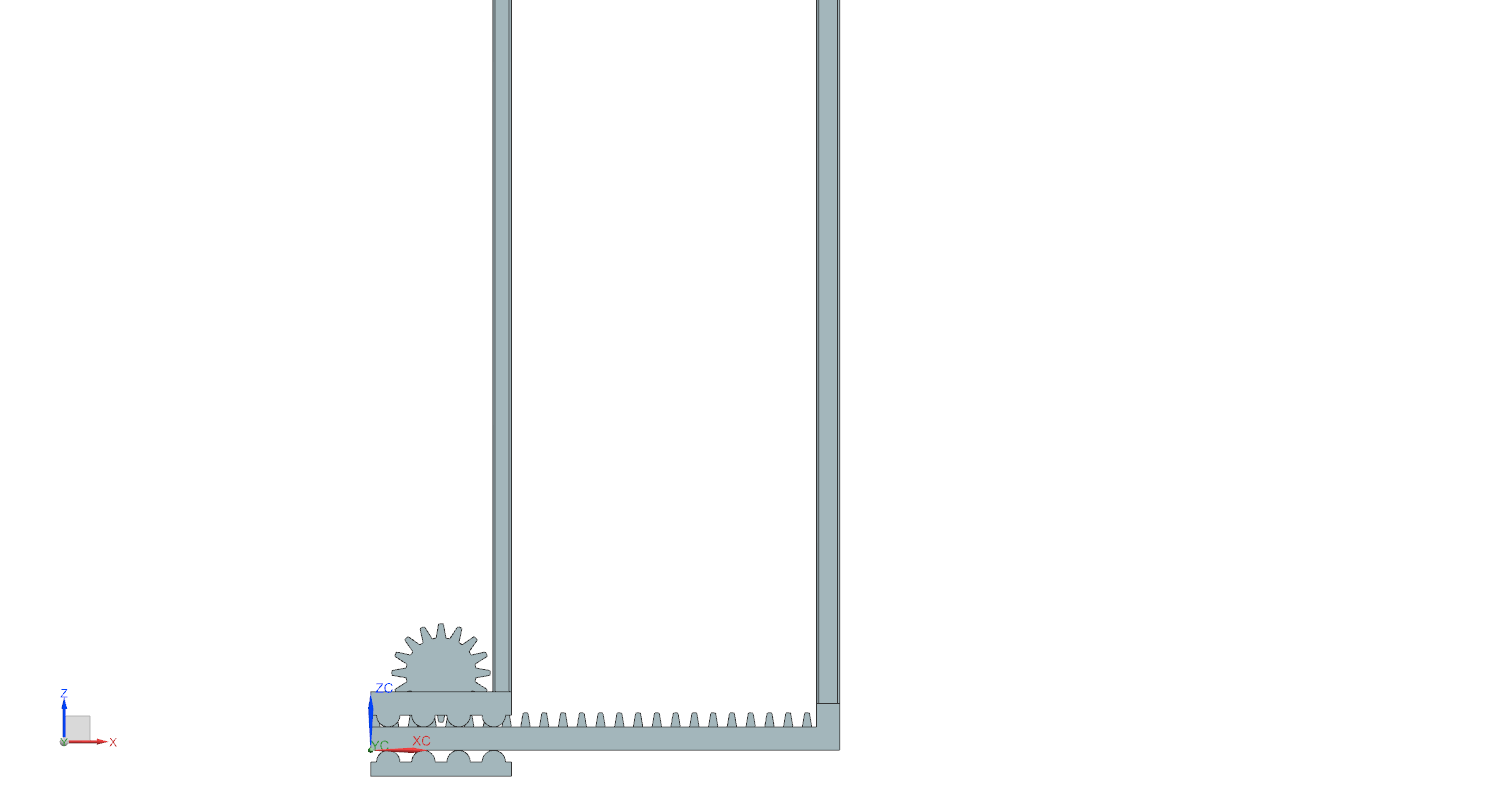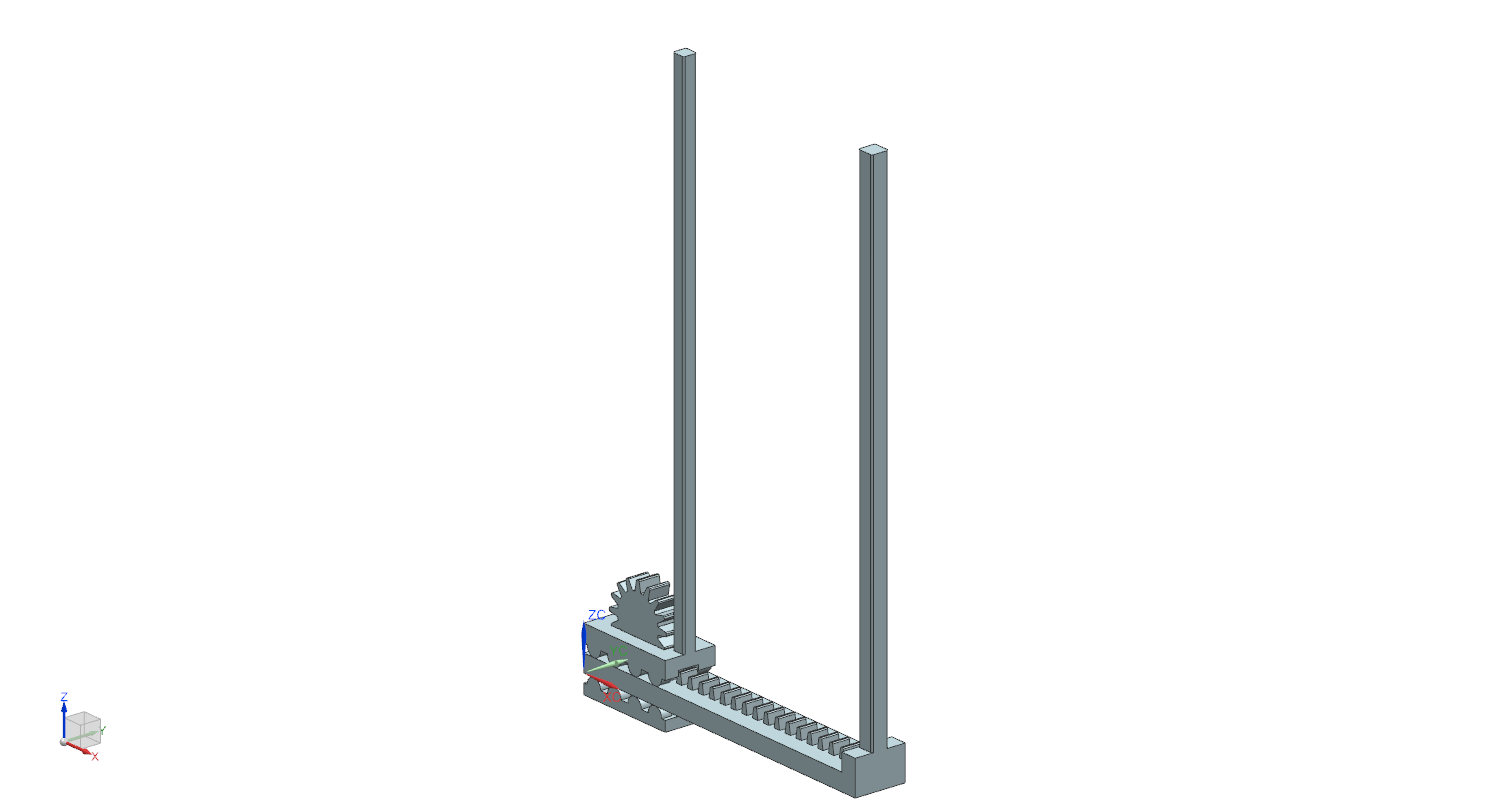Function definition and concepts g5: Difference between revisions
No edit summary |
|||
| (2 intermediate revisions by the same user not shown) | |||
| Line 15: | Line 15: | ||
=Battery= | =Battery= | ||
There are existing ideas about battery changing systems. One battery is in the vehicle and one or more are at a loading station. There also exists systems that can measure the remaining capacity in a battery, which are already used in notebooks and mobile phones. From the remaining capacity can be calculated how far the robot can drive. In the navigation, it can also calculate how far the charging station is away. In this way, the robot knows when to go to the battery station. | There are existing ideas about battery changing systems. One battery is in the vehicle and one or more are at a loading station. There also exists systems that can measure the remaining capacity in a battery, which are already used in notebooks and mobile phones. From the remaining capacity can be calculated how far the robot can drive. In the navigation, it can also calculate how far the charging station is away. In this way, the robot knows when to go to the battery station. Battery charging techniques already exists and are used in a lot of applications, so we can use that. | ||
[https://patents.google.com/patent/US4450400A/en] | [https://patents.google.com/patent/US4450400A/en] | ||
=Weed container= | |||
If you put weed in a container, then it doesn't nicely fill up the container. To solve this problem, you can use a press, like in a garbage truck. This presses the weed, such that it takes less place and the robot can work longer without emptying the container. To detect how full the container is, you can measure to which position the press comes with a specified force. Emptying the container works the same as with garbage trucks: tilting the container above some bigger container. | |||
Latest revision as of 17:27, 9 March 2019
Function definition
- Navigation around the farmfield: https://docs.google.com/document/d/11ol3at3mtlt5xOEY6AuztQIh7v8l14OTo_d7lBHWXcU/edit?usp=sharing
- Method of moving around the farmfield
- Differentiate crops from weeds
- Grab the weeds efficiently, universal for all weed types and orientations
- Move gripper from weed container to the weed on the farmfield and vice versa
- Battery monitoring to know when to stop
- Recharging at recharging station
- Weedcontainer monitoring and emptying mechanism
Concept gripper
The gripper should grab all kinds of weeds and remove them efficiently. The first concept uses two long parallel rods, which extend under the weed so the stem of the weed will be in between the two rods. When the gripper is at its place, the rod, mounted to a carriage, will be moved towards the stationary rod and the stem will be clamped in between the two rods. Now the weed is hold tightly at a relatively strong point, it can be pulled out of the soil, together with its roots. The gripper can then move to a weed container and dropping the weed in there. Below, a drawing of this gripper is shown, together with a carriage that will move one of the rods. The movement of the carriage is done by a rack and pinion actuator. The drawing is just a concept: manufacturing margins, motors, bearing seatings etc. still have been left out of the picture.


Battery
There are existing ideas about battery changing systems. One battery is in the vehicle and one or more are at a loading station. There also exists systems that can measure the remaining capacity in a battery, which are already used in notebooks and mobile phones. From the remaining capacity can be calculated how far the robot can drive. In the navigation, it can also calculate how far the charging station is away. In this way, the robot knows when to go to the battery station. Battery charging techniques already exists and are used in a lot of applications, so we can use that.
Weed container
If you put weed in a container, then it doesn't nicely fill up the container. To solve this problem, you can use a press, like in a garbage truck. This presses the weed, such that it takes less place and the robot can work longer without emptying the container. To detect how full the container is, you can measure to which position the press comes with a specified force. Emptying the container works the same as with garbage trucks: tilting the container above some bigger container.